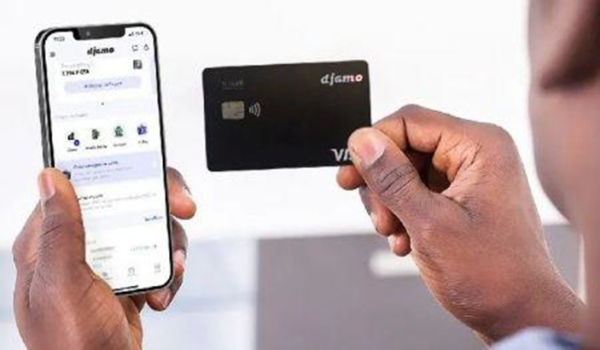As fintech adoption continues to grow, companies like Djamo could be instrumental in helping millions transition from cash-based economies to fully digital financial systems, unlocking new economic opportunities and driving financial empowerment across the region.
Ivorian fintech Djamo has secured $17 million in funding to accelerate its expansion across Francophone West Africa. The digital banking platform, which serves over one million customers in Ivory Coast and Senegal, aims to bridge the financial access gap by providing affordable and accessible banking services.
The equity round was led by pan-African, gender-focused VC Janngo Capital, with participation from SANAD Fund for MSMEs, Partech, Oikocredit, Enza Capital, and Y Combinator. The new funding surpasses Djamo’s $14 million Series A in 2022 and signals growing investor confidence in its mission.
Djamo positions itself between mobile money and traditional banks, offering a digital-first banking experience with the flexibility of mobile money but the financial depth of a full bank account. The startup has introduced savings vaults, investment products, salary-linked accounts, and merchant payment tools, strengthening its value proposition.
With its latest funding, Djamo aims to strengthen its footprint in Senegal and expand across other Francophone African countries. As of 2021, 56% of adults in Senegal had an account, exceeding the Sub-Saharan African average of 49%, according to the World Bank. However, the majority (28%) held only mobile money accounts, which lacks advanced financial tools like credit and investments, highlighting the need for more comprehensive financial services.
Djamo’s expansion into Senegal and other Francophone African markets could significantly boost financial inclusion by bridging the gap between mobile money and traditional banking. By offering accessible banking services, Djamo can help transition mobile money users to a more comprehensive financial system, fostering economic empowerment, savings culture, and business growth in the region.
Hikmatu Bilali



















